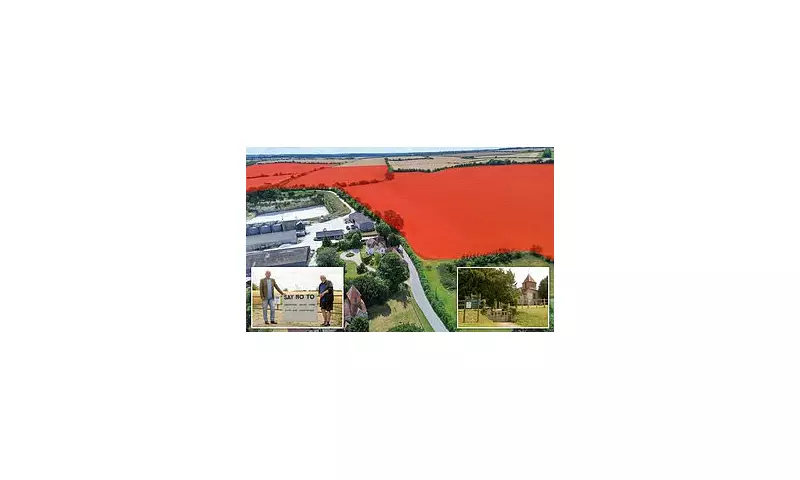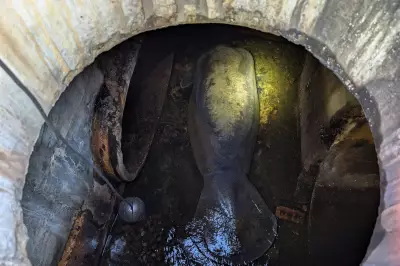
A controversial plan to build a sprawling solar farm in Lincolnshire has drawn fierce opposition from locals and historians alike. The proposed site, near the village of Folkingham, sits on land steeped in history—including a centuries-old pilgrimage route and the remnants of a World War II prisoner-of-war camp.
Heritage Under Threat
Residents argue that the 1,200-acre solar development would irreparably damage the area's cultural and historical significance. The land was once part of a medieval pilgrimage path to Walsingham, a major religious site in Norfolk. Additionally, it housed Camp 81, a POW camp where German soldiers were held during WWII.
Local Outcry
"This isn't just about renewable energy—it's about preserving our past," said one angry local. "These fields hold stories of faith, war, and survival. Covering them with solar panels feels like erasing history."
Developer's Defence
The energy company behind the proposal insists the solar farm would power over 100,000 homes and significantly reduce carbon emissions. They've pledged to conduct archaeological surveys and maintain access to historical markers.
Council's Dilemma
North Kesteven District Council now faces a difficult decision: balancing green energy targets against the protection of heritage assets. A public consultation is underway, with tempers flaring on both sides.
As the debate rages, one thing is clear—this quiet corner of Lincolnshire has become the latest battleground in Britain's renewable energy revolution.





